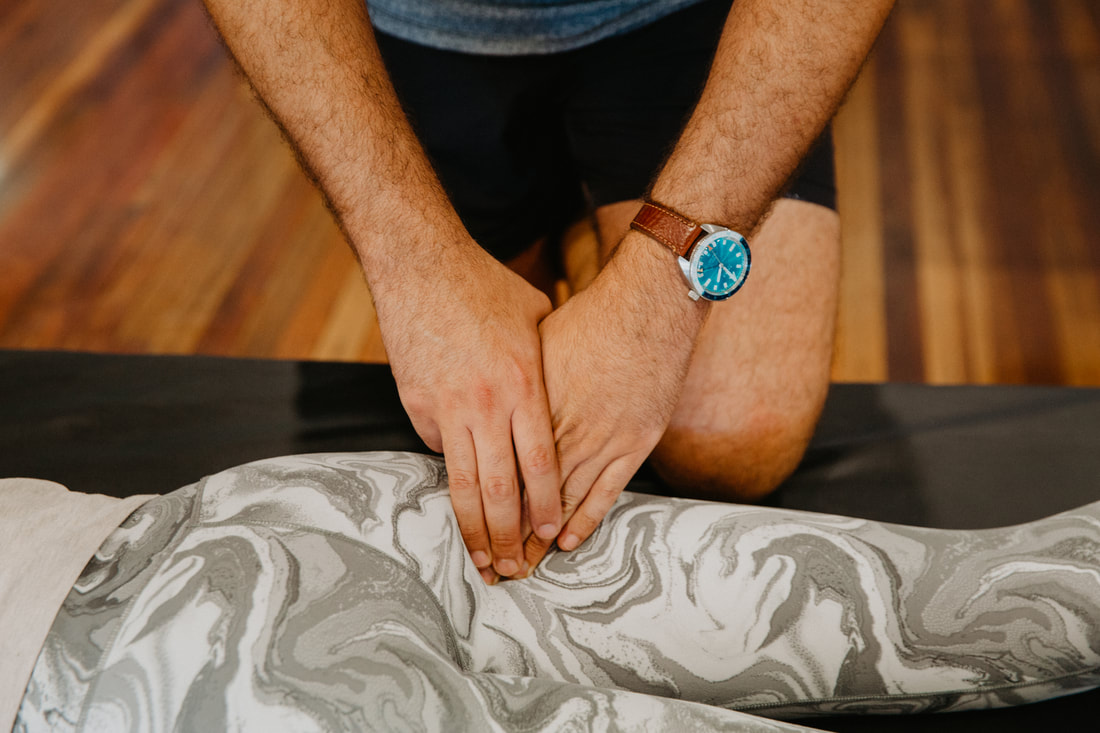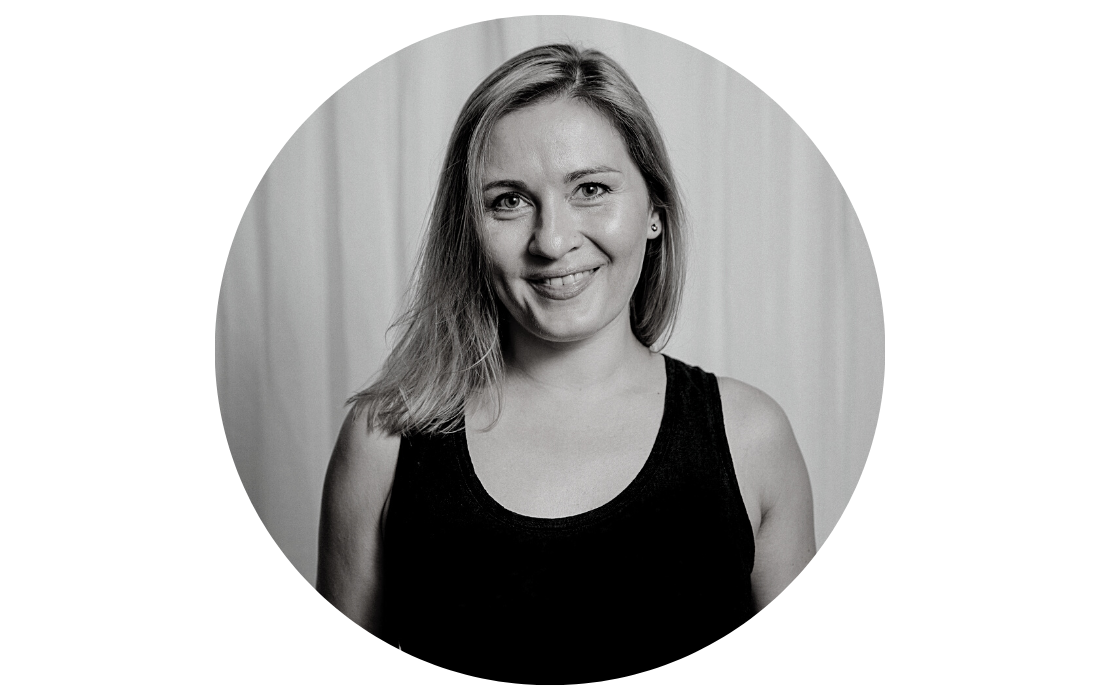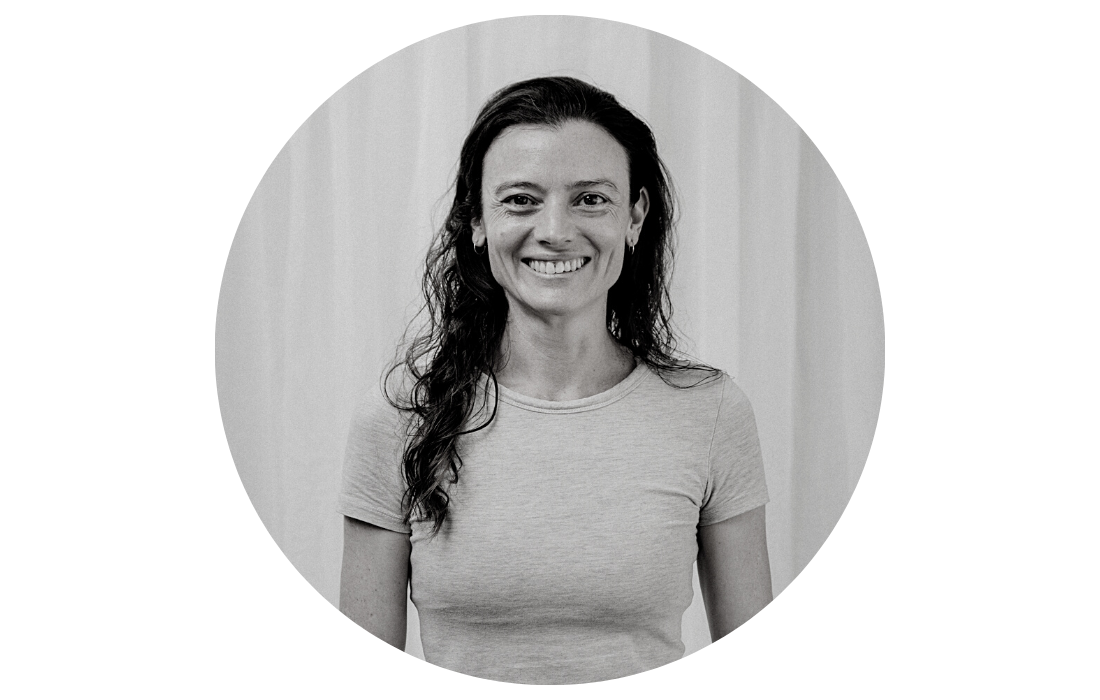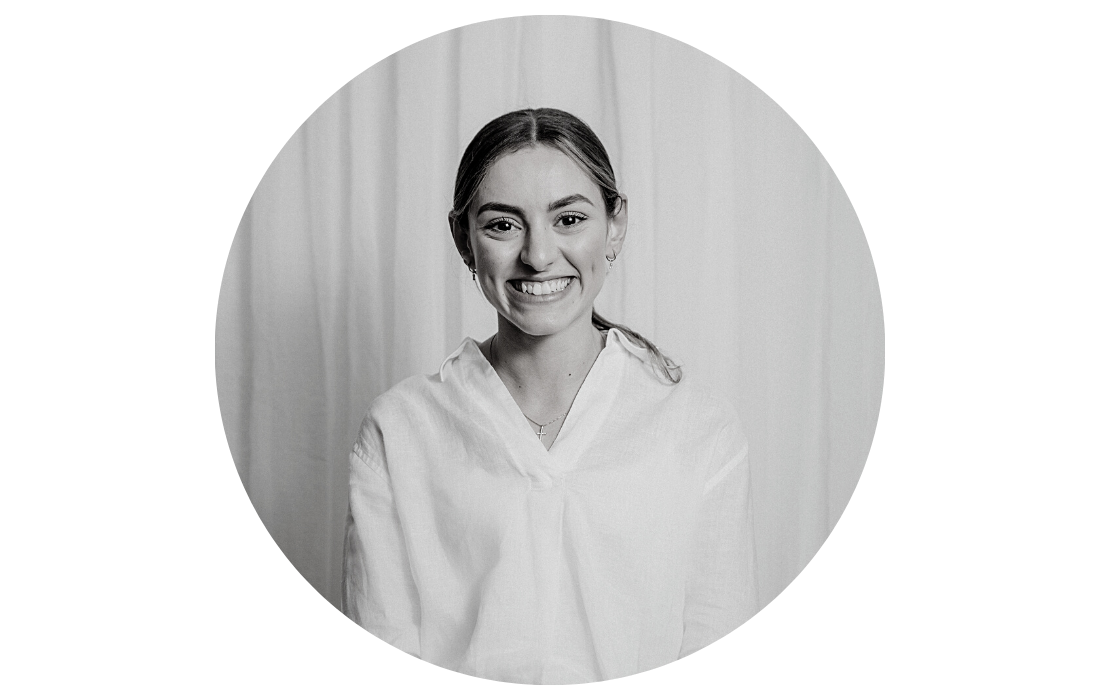Ligament Sprains Physiotherapy Brisbane southside.
What is a Ligament Sprain?
A ligament sprain is a common orthopaedic injury that occurs when one or more ligaments in the body are stretched, partially torn, or completely torn due to excessive force or overextension. Ligaments are tough, fibrous tissues that connect bones to other bones, providing stability and support to joints.
What causes a Ligament Sprain?
What are the different types of Ligament Sprains?
What are some common Ligament Sprains?
What are the symptoms of a Ligament Sprain?
What is the treatment for a Ligament Sprain?
How can physiotherapy help with a Ligament Sprain?
Physiotherapy plays a crucial role in the treatment and rehabilitation of ligament sprains. A skilled physiotherapist can design a tailored treatment plan to help you recover from a ligament sprain and regain strength, stability, and range of motion in the affected joint. Here's how physiotherapy can help with a ligament sprain:
Physiotherapy is a vital component of ligament sprain recovery, helping you regain function, reduce pain, and minimise the risk of long-term joint problems. It's essential to follow your physiotherapist's recommendations and adhere to your exercise program to achieve the best possible outcome. Additionally, communication with your healthcare team is crucial to ensure that your rehabilitation aligns with your specific needs and goals.
If you or a loved one has questions about Ligament Sprains and how our physiotherapists might be able to help please call us on 07 3706 3407 or email [email protected]. We would love to work with you!
A ligament sprain is a common orthopaedic injury that occurs when one or more ligaments in the body are stretched, partially torn, or completely torn due to excessive force or overextension. Ligaments are tough, fibrous tissues that connect bones to other bones, providing stability and support to joints.
What causes a Ligament Sprain?
- Trauma: Ligament sprains often result from sudden trauma or impact, such as a fall, twist, or blow to the affected joint. Common examples include ankle sprains and knee sprains.
- Sports Injuries: Athletes are at a higher risk of ligament sprains due to the physical demands and sudden movements associated with sports activities.
- Accidents: Car accidents and other high-impact incidents can also lead to ligament sprains, particularly in the neck and back.
What are the different types of Ligament Sprains?
- Grade 1: Mild sprain with minimal stretching or tearing of ligament fibres. There may be slight pain and swelling, but joint stability is usually maintained.
- Grade 2: Moderate sprain with partial tearing of ligament fibres. Symptoms include increased pain, swelling, bruising, and some joint instability.
- Grade 3: Severe sprain with a complete tear of the ligament. Significant pain, swelling, and joint instability are common, and the joint may be unable to bear weight or function normally.
What are some common Ligament Sprains?
- Ankle Sprain: Affecting the ligaments around the ankle joint, especially the lateral (outside) ligaments.
- Knee Ligament Injuries: Commonly involve the anterior cruciate ligament (ACL), posterior cruciate ligament (PCL), medial collateral ligament (MCL), and lateral collateral ligament (LCL).
- Wrist Sprain: Often occurs during falls onto an outstretched hand.
- Thumb Sprain: Particularly in sports where the thumb can be hyperextended or twisted.
- Neck and Back Sprains: Often due to whiplash injuries in car accidents or sudden movements.
What are the symptoms of a Ligament Sprain?
- Pain and tenderness around the affected joint.
- Swelling, bruising, and inflammation.
- Joint instability, especially in moderate to severe sprains.
- Limited range of motion and difficulty bearing weight or using the joint.
What is the treatment for a Ligament Sprain?
- Rest: Avoid putting excessive stress on the injured joint to allow it to heal.
- Ice: Applying ice can help reduce pain and swelling during the first 48 hours after the injury.
- Compression: Using a bandage or brace can provide support and reduce swelling.
- Elevation: Elevating the injured limb can also help reduce swelling.
- Pain Medication: Over-the-counter pain relievers may be recommended to manage pain and inflammation.
- Physical Therapy: In many cases, physical therapy is essential to restore strength, flexibility, and stability to the affected joint.
- Immobilisation: Severe sprains may require a brace, cast, or splint to stabilise the joint during healing.
- Surgery: In some cases, especially with severe ligament tears, surgical repair may be necessary.
How can physiotherapy help with a Ligament Sprain?
Physiotherapy plays a crucial role in the treatment and rehabilitation of ligament sprains. A skilled physiotherapist can design a tailored treatment plan to help you recover from a ligament sprain and regain strength, stability, and range of motion in the affected joint. Here's how physiotherapy can help with a ligament sprain:
- Initial Assessment: The first step is a thorough assessment of your injury. The physiotherapist will evaluate the extent of the ligament sprain, any associated injuries, and your overall physical condition. They will use this information to create a personalised treatment plan.
- Pain Management: Physiotherapy can include various pain management techniques, such as ice, heat, electrical stimulation, or ultrasound therapy, to reduce pain and inflammation in the injured area.
- Immobilisation: In some cases, your physiotherapist may recommend using a brace or splint to immobilise the injured joint initially. This helps protect the ligament and promote proper healing.
- Range of Motion Exercises: As the healing process progresses, your physiotherapist will guide you through gentle range of motion exercises to prevent stiffness in the joint. These exercises help maintain joint mobility while protecting the healing ligament.
- Strengthening Exercises: Strengthening the muscles around the injured joint is a key aspect of ligament sprain rehabilitation. Strong muscles provide better support to the joint and help prevent reinjury. Your physiotherapist will prescribe exercises specific to your injury and gradually increase the intensity as you progress.
- Proprioception and Balance Training: Proprioception refers to your body's awareness of its position in space. After a ligament sprain, your proprioception may be compromised. Physiotherapy often includes balance and proprioception exercises to improve joint stability and prevent future injuries.
- Manual Therapy: Hands-on techniques like massage, joint mobilisation, and soft tissue manipulation can help reduce muscle tension and improve joint mobility.
- Functional Rehabilitation: Your physiotherapist will work with you on functional exercises that mimic activities of daily living and sports-specific movements. This helps ensure that you can safely return to your normal activities without risking further injury.
- Education: Your physiotherapist will provide guidance on proper body mechanics, injury prevention strategies, and techniques to protect the injured joint during daily activities.
- Gradual Return to Activity: Once your ligament has healed sufficiently, your physiotherapist will guide you through a gradual return to your pre-injury level of activity or sports participation. This step is essential to minimise the risk of reinjury.
- Monitoring Progress: Throughout your rehabilitation, your physiotherapist will closely monitor your progress and adjust the treatment plan as needed to ensure you are on track for a successful recovery.
Physiotherapy is a vital component of ligament sprain recovery, helping you regain function, reduce pain, and minimise the risk of long-term joint problems. It's essential to follow your physiotherapist's recommendations and adhere to your exercise program to achieve the best possible outcome. Additionally, communication with your healthcare team is crucial to ensure that your rehabilitation aligns with your specific needs and goals.
If you or a loved one has questions about Ligament Sprains and how our physiotherapists might be able to help please call us on 07 3706 3407 or email [email protected]. We would love to work with you!
Who to book in with:
Yulia Khasyanova
|
Emma Cameron
|
Monica Hanna
|



